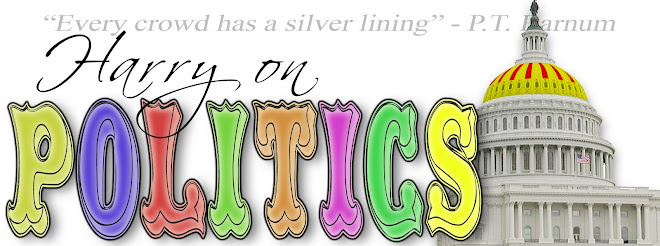I was thinking about last night night's Democratic debate, and the Democratic candidates in general, and Hillary Clinton in particular, and her views on health care. She's been after some form of universal health care since forever, and if anyone recalls 1993, they will remember her closed-door sessions where even physicians were not allowed in.
Considering the impact universal health care will have on the economy as a whole, I have decided that this is not only a bad idea for the country, but a policy that will keep people enslaved to poverty forever. Here's why:
Universal health care is an idea based on compassion. Not that Clinton is compassionate, she's not; this kind of talk is simply her stock and trade to accomplish her ambitions. But to think that everyone living in an advanced industrialized country should have free access to the health care system irrespective of their wealth is a noble idea.
On the other side is what we have today: that one works for their health care; that, through their employment, they have health insurance as a benefit of their employment.
Note that, under Federal law, no one can be turned away from health care. Presenting one's self to an emergency room with any form of injury or sickness will result in being seen by a doctor. If you've ever spent any time in ERs, as I have, you'll quickly see that many people in urban areas use emergency rooms as their primary care facilities. I recall one individual who took up the doctor's time with a pain in his knee which had persisted for over a year. He was treated, gratis, under Federal law.
Anecdotes aside, in consideration of what is in the best interests of the economy, and the people as a whole, which is better, supplying your own health insurance, or letting the government give you their version of it?
We have many people who persist to live in poverty, for one reason or another, either lack of ambition, or infirmity, or laziness; pick a reason, there are many. Under Clinton's plan, all these will receive health care gratis, paid for by those who work (while we all pay for our own health care to boot). Remember, health insurance through one's employment is seldom 100% free; one must pay something.
Should universal health care become official policy, what is the impetus for one to get employment, or get a better job, or rise within the social ranks?
There are many other things that come with having the kind of employment that give one health insurance. Personal satisfaction and the good mental health associated with it is one, but in economic terms one will see an immediate emergence from poverty, with (hopefully) no need to use drugs nor commit crimes that support them, nor any of the other negative things associated with poverty. Oh, and did I mention that tax revenue will increase, as well, because these folks are now paying income tax? That should interest the Democrats to no end.
I think it's easy to see that the negative impacts of poverty, and indeed poverty itself, is supported through universal health care, simply because the requirement to work for one's own good is removed.
Consider also the concept of opportunity. There's no question that poverty is a persistent problem; what to do about it? It's not government's job to hand things out to people, but it is certainly good economic policy to see that a playing field rich with opportunity exists. These opportunities translate into wealth for all concerned, including health care for the worker, and an expansion of the health care industry itself, creating new opportunities within that field as well. It's a snowballing effect.
But to a politician, nothing sounds as good as, "here you go, here's something for free."
We just never seem to learn that "free" ain't free.
Subscribe to:
Post Comments (Atom)

No comments:
Post a Comment